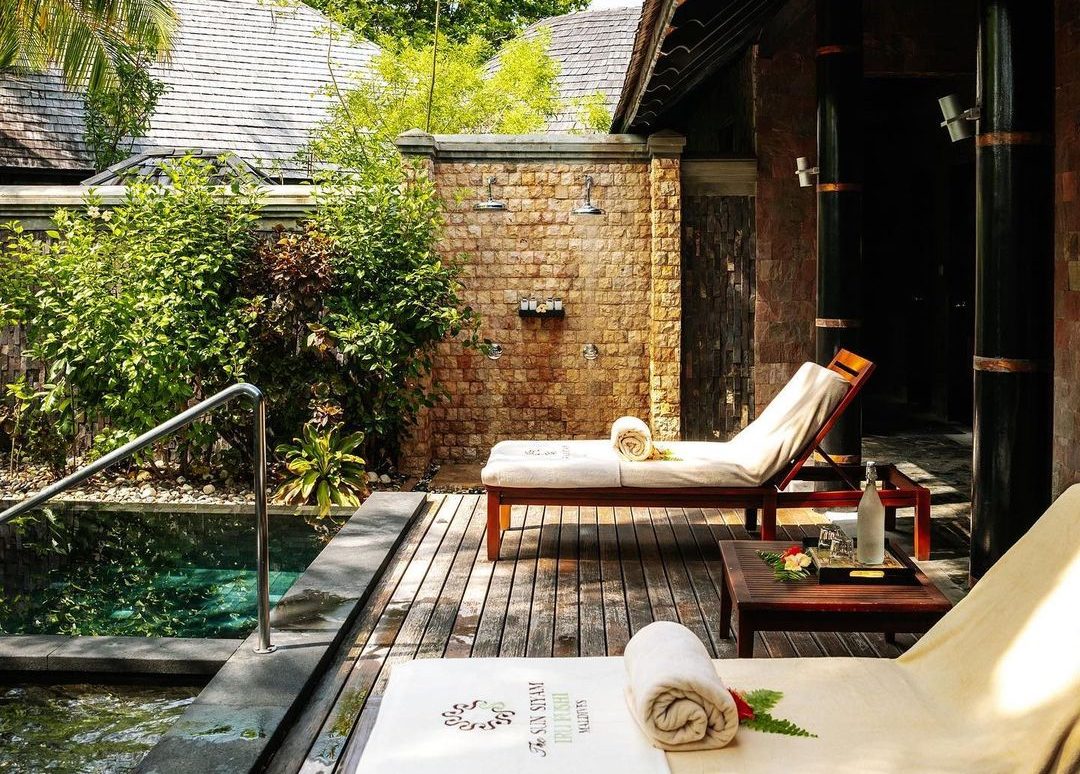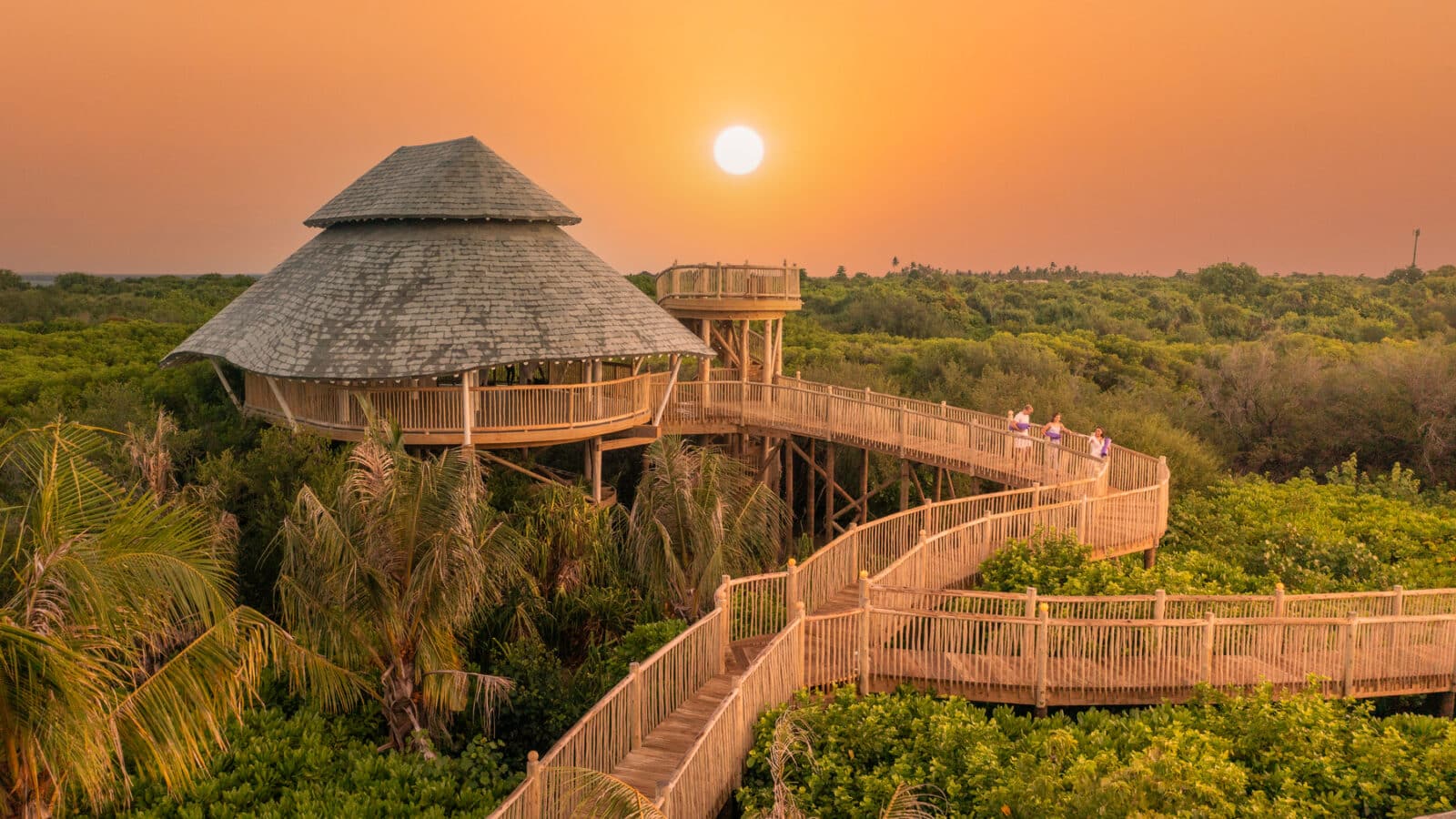November 2020 marks the 2-year anniversary of Mövenpick Resort Kuredhivaru Maldives. To celebrate 2 years of delivering premium service with a personal touch, Mövenpick Resort Kuredhivaru Maldives is launching several exciting initiatives around its core brand value of “making moments”.
Mövenpick Resort Kuredhivaru Maldives will launch a competition in November to celebrate 2 years of service. The competition will allow two social media followers to win a two-night stay in the resort. So, to take part in the campaign, guests are encouraged to share their views of “creating the dream moment in the Maldives”.
For our 2nd anniversary it is our wish that all our guest will create their own heartfelt moments with us and rediscover unique combination of culinary delights, ethics, guest experience and genuine warmth of our hospitality. We have especially curated an array of exciting offerings to make your stay a story to remember.
Stanislaw Pajdzinski, General Manager of Mövenpick Resort Kuredhivaru Maldives said.
Fans of Mövenpick Resort Kuredhivaru Maldives simply have to post a video or image on; Facebook, Instagram or Twitter using the unique hashtags #CreatingMomentsatMovenpick and tag @movenpickkuredhivarumaldives to qualify. The submission deadline is 29th November 2020. However, for now, stay tuned to the social media handles of the resort for more details.
Also read: Escape to Mövenpick Resort Kuredhivaru Maldives For a Safe Holiday Experience
The upscale Mövenpick Resort Kuredhivaru Maldives features a beautiful house reef and powder white-sand beaches. Guests can marvel at the stunning vistas of the Indian Ocean from their overwater pool villa, beach pool suite, or beach spa pool villa. Furthermore, the resort offers guests their very own plunge pool. So, they can take a dip into the turquoise water right from their villa.

The resort located in the undisturbed Noonu Atoll also offers world-class cuisine from every corner of the globe. Guests are sure to enjoy a bespoke safe experience with elevated COVID-19 preventive measures at Mövenpick Resort Kuredhivaru Maldives.







